Scientists suggest paraparticles, a quasiparticle class, potentially redefining physics by challenging the fermion and boson classification.
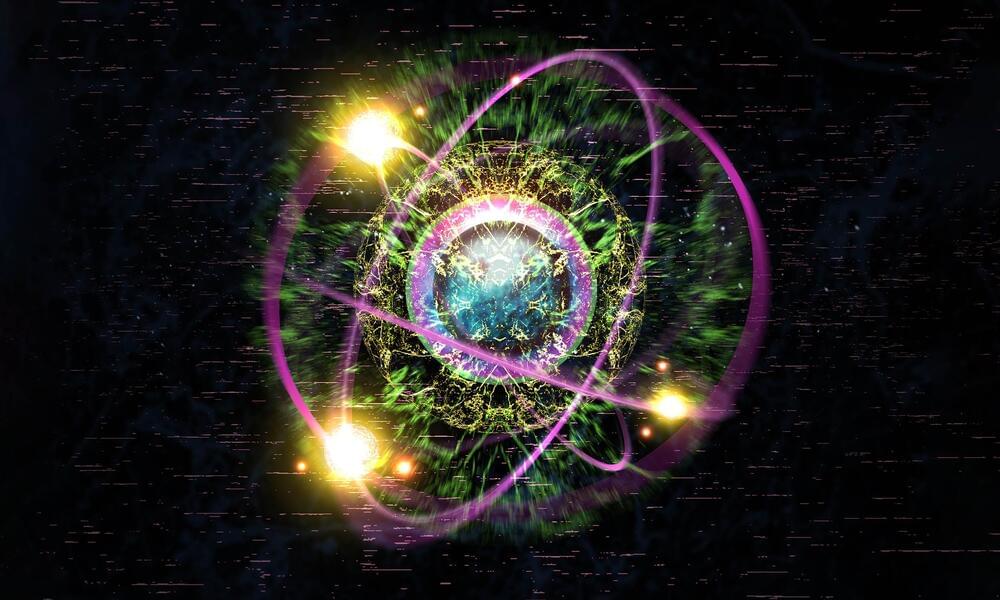



A new USC-led study has found that mild cognitive impairment is associated with blood vessel dysfunction in the brain’s temporal lobes, the region responsible for memory.
This vascular issue was observed in individuals both with and without amyloid buildup in the brain, indicating that microvascular dysfunction could serve as an early biomarker for dementia and a potential target for treatment.
The study, conducted by researchers from several universities, was published in the journal Neurology.
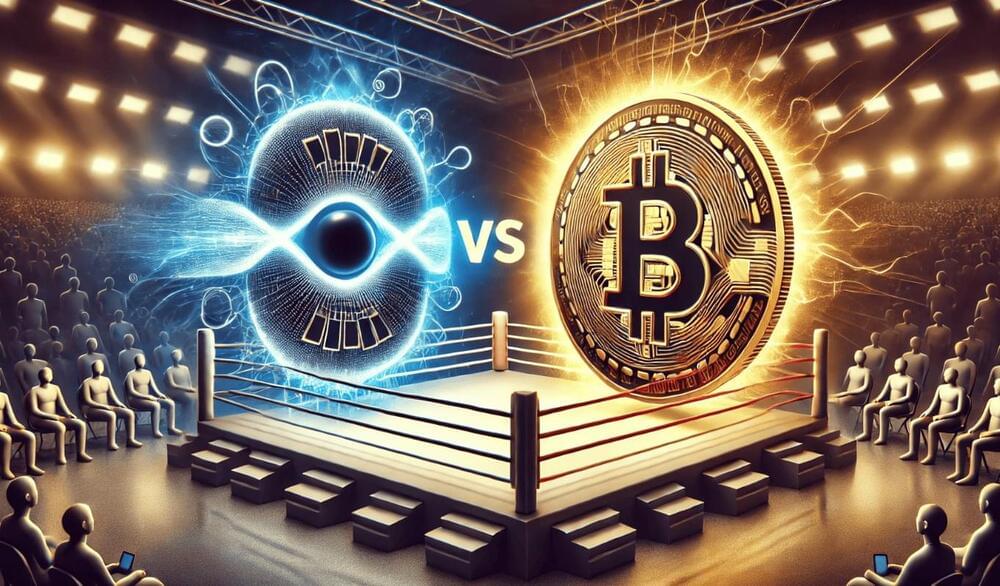
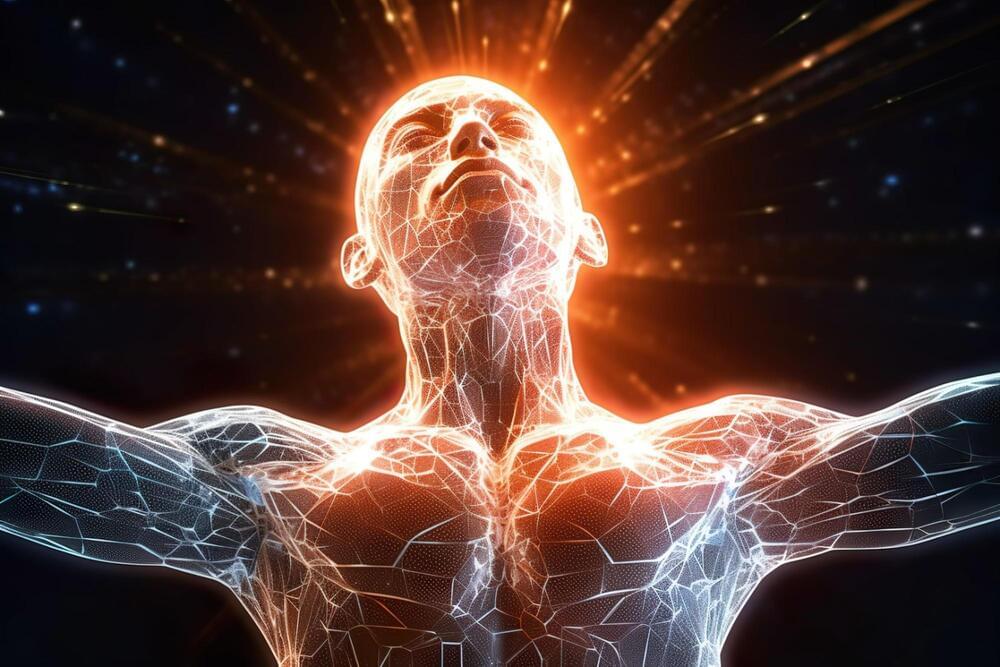
A new meta-analysis reveals that combining electrical muscle stimulation with resistance training leads to increased strength and muscle mass.
If building strength and muscle mass is part of your New Year’s resolution, you might consider adding a new element to your workout routine.
Neuromuscular electrical stimulation (NMES), also known as electrical muscle stimulation, uses electrical currents to trigger muscle contractions. According to Sudip Bajpeyi, Ph.D., a professor in the Department of Kinesiology at The University of Texas at El Paso, these stimulation devices are user-friendly and widely available. However, he has often wondered, “Can these stimulators offer any benefits when used during resistance training? What does the research say?”
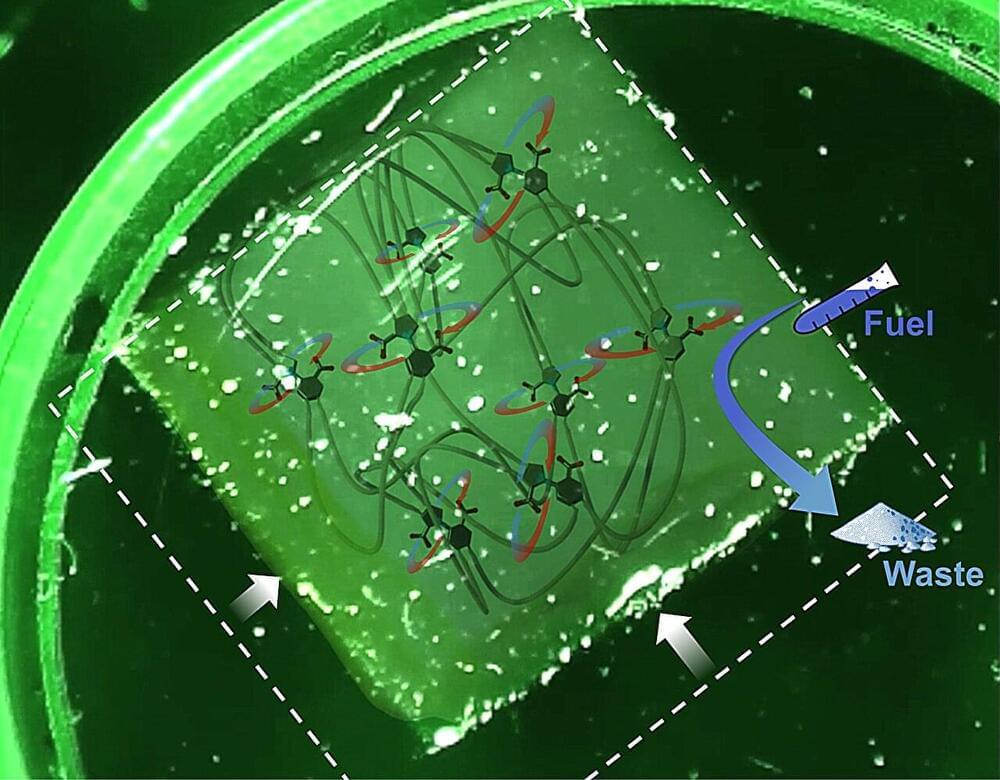
Scientists have built an artificial motor capable of mimicking the natural mechanisms that power life. Just like the proteins in our muscles, which convert chemical energy into power to allow us to perform daily tasks, these tiny rotary motors use chemical energy to generate force, store energy, and perform tasks in a similar way.
The finding, from The University of Manchester and the University of Strasbourg and published in the journal Nature, provides new insights into the fundamental processes that drive life at the molecular level and could open doors for applications in medicine, energy storage, and nanotechnology.
“Biology uses chemically powered molecular machines for every biological process, such as transporting chemicals around the cell, information processing or reproduction. By replicating nature at the nanoscale level, we can design entirely new materials with highly specific functions that don’t exist in the natural world. Building this outside of nature also gives us greater simplicity and control over its functions and uses,” said Professor David Leigh, lead researcher from The University of Manchester.

If Earth’s life survives the Anthropocene, it will eventually face another existential threat from space.
As the Sun brightens with age, it will inevitably interfere with our planet’s finicky carbon cycle, triggering a depletion of atmospheric carbon dioxide to the point where plants will starve.
Luckily, this won’t happen until at least 1.6 billion years from now, suggests new research from University of Chicago geophysicist RJ Graham and colleagues. That potentially doubles the projected lifespan of Earth’s plants and animals.

Cosmic voids, which act as bubbles in the cosmic web, help us read the universe better.
Researchers have found a link between a common virus and Alzheimer’s disease.
Alzheimer’s disease, which is the most common type of dementia, is a condition that affects the brain, makes changes in it that cause problems with memory, thinking, and behaviour.
In a new study, published in The Journal of the Alzheimer’s Association, researchers discovered CMV, a type of herpesvirus, which often infects individuals during childhood. While the virus usually remains dormant after the initial infection, it stays in the body for life.
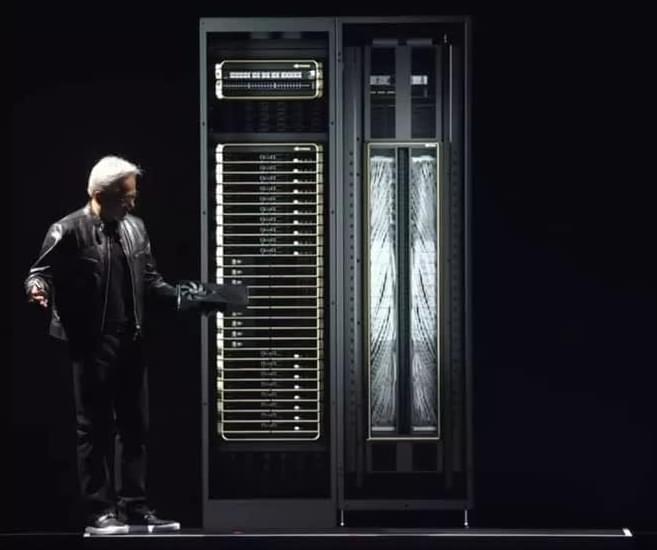
Speaking on the sidelines of an event hosted by chip supplier Siliconware Precision Industries in Taichung, Taiwan, Huang explained the transition in Nvidia’s chip packaging requirements. “As we move into Blackwell, we will use largely CoWoS-L. Of course, we’re still manufacturing Hopper, and Hopper will use CoWoS-S. We will also transition the CoWoS-S capacity to CoWoS-L,” he stated.
Huang emphasized that this shift does not indicate a reduction in capacity but rather an increase in capacity for CoWoS-L technology. “So it’s not about reducing capacity. It’s actually increasing capacity into CoWoS-L,” he said.
CoWoS-L (Chip-on-Wafer-on-Substrate with Local Silicon Interconnect) represents a significant advancement over CoWoS-S in terms of performance and efficiency for high-end computing applications like AI and HPC.
Join us on Patreon! https://www.patreon.com/MichaelLustgartenPhD
Discount Links/Affiliates:
Blood testing (where I get the majority of my labs): https://www.ultalabtests.com/partners/michaellustgarten.
At-Home Metabolomics: https://www.iollo.com?ref=michael-lustgarten.
Use Code: CONQUERAGING At Checkout.
Clearly Filtered Water Filter: https://get.aspr.app/SHoPY
Epigenetic, Telomere Testing: https://trudiagnostic.com/?irclickid=U-s3Ii2r7xyIU-LSYLyQdQ6…M0&irgwc=1
Use Code: CONQUERAGING
NAD+ Quantification: https://www.jinfiniti.com/intracellular-nad-test/